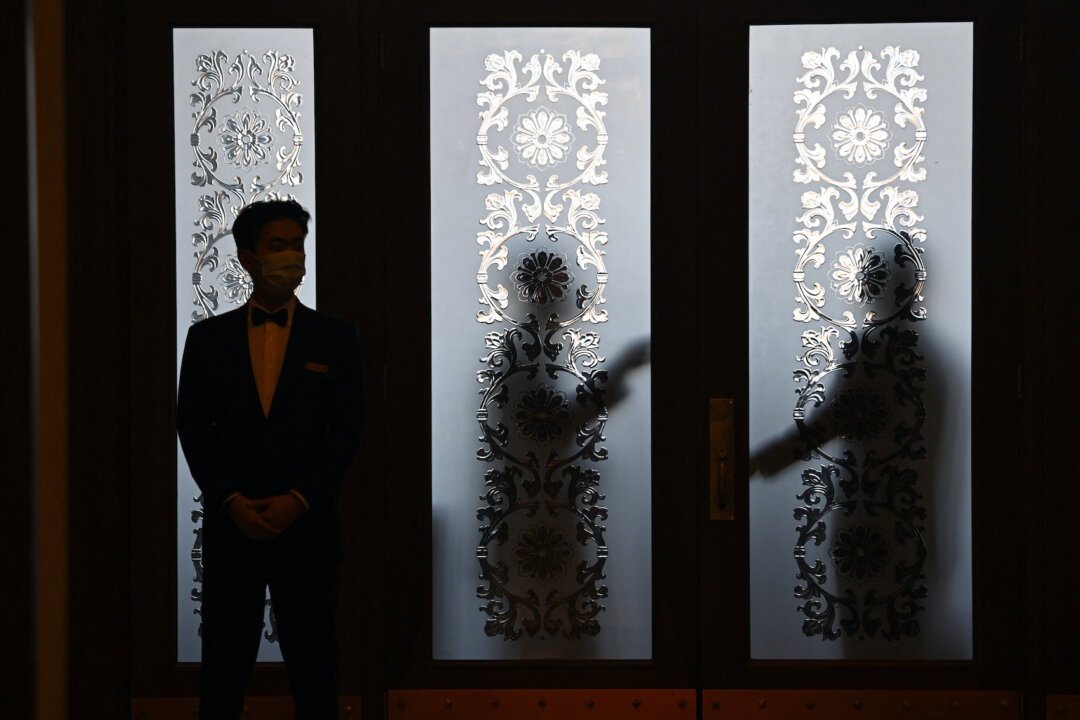As President Donald Trump pursues a trade deal with China, experts are cautioning that the regime has a history of breaking promises and can’t be trusted.
The duplicity of the Chinese Communist Party (CCP) can’t be solved by skilled negotiation or statesmanship, they said, as it stems from the regime’s structure and ideology.
The CCP has been notorious for failing to honor major promises, according to Bradley Thayer, coauthor of “Embracing Communist China: America’s Greatest Strategic Failure” and member of the Committee on the Present Danger: China (CPDC).
“Lenin said, of course, that agreements were pie crusts for communists—they’re made to be broken,” he told The Epoch Times. “And I think we want to keep in mind Lenin’s aphorism when we’re thinking about the CCP.”
He listed several instances in which the CCP broke agreements.
The CCP never fulfilled its vow to liberalize access to China’s market upon its 2001 accession to the World Trade Organization, he said.
The regime promised not to militarize the artificial islands it reclaimed in the South China Sea, yet it established military installations on them.
In 2020, Beijing enacted a national security law in Hong Kong, which effectively nullified the region’s legal independence, despite the CCP’s promise upon acquiring Hong Kong from the UK in 1997 to keep its legal and political system intact for 50 years.
The CCP also failed to honor its 2020 trade agreement with the United States.
Promises of transparency after the regime’s 2003 SARS epidemic cover-up went up in smoke with another cover-up at the onset of the COVID-19 pandemic, he said.
Several other China experts voiced a similar sentiment.
“Most Chinese people immediately know that China is not going to honor whatever they promise; we just know,” said Don Xiang, a China expert and host of the YouTube channel Digging Into China.
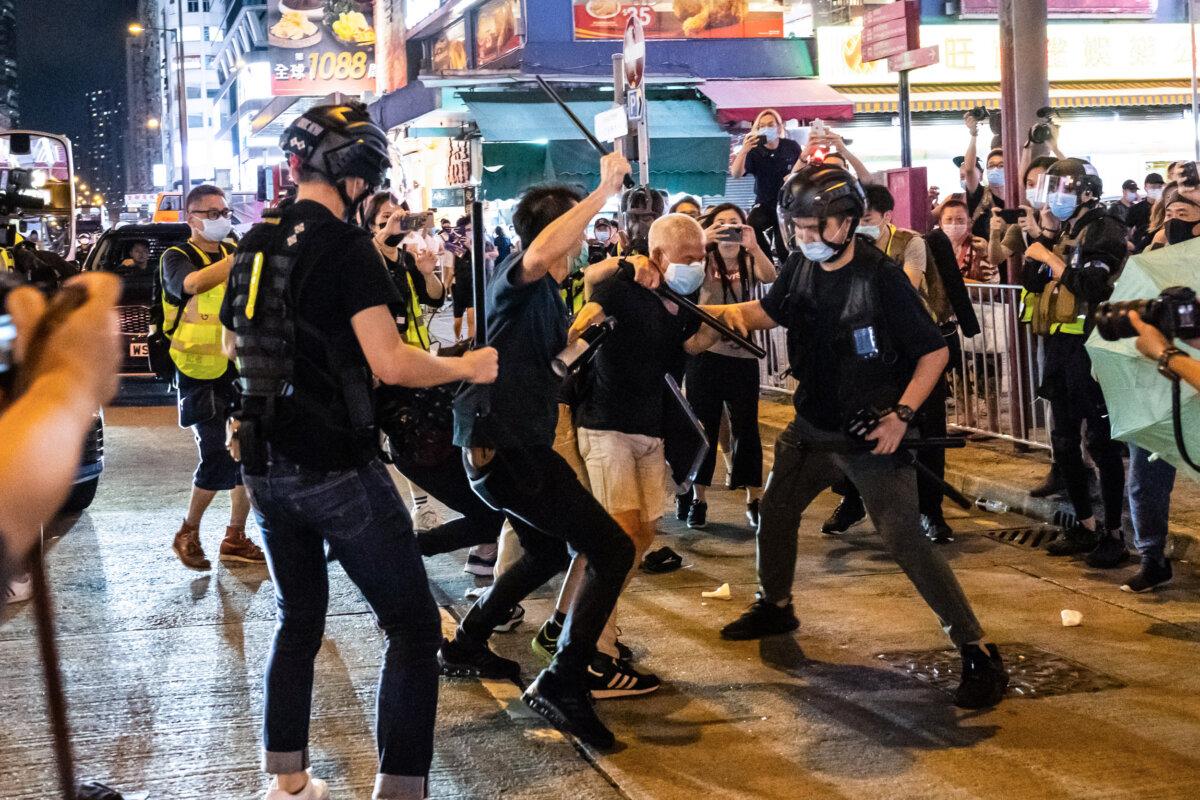
World leaders have repeatedly overlooked the CCP’s dishonesty in hopes that with economic progress, the regime will eventually reform itself. However, such expectations have always been unrealistic, the experts said.
“They’re thinking that making China richer, helping China become modernized, will actually change China’s political system—that has been proven to fail,” said Nan Su, a China commentator and senior editor at the Chinese-language edition of The Epoch Times.
The CCP’s brutal campaign launched in 1999 to eradicate the Falun Gong spiritual group, which had at least 70 million practitioners at the time, should have been a sufficient wake-up call, he said.
“How are you going to expect a regime that’s conducting the largest-scale religious persecution to pave its own way to democracy? Just impossible,” Nan said.
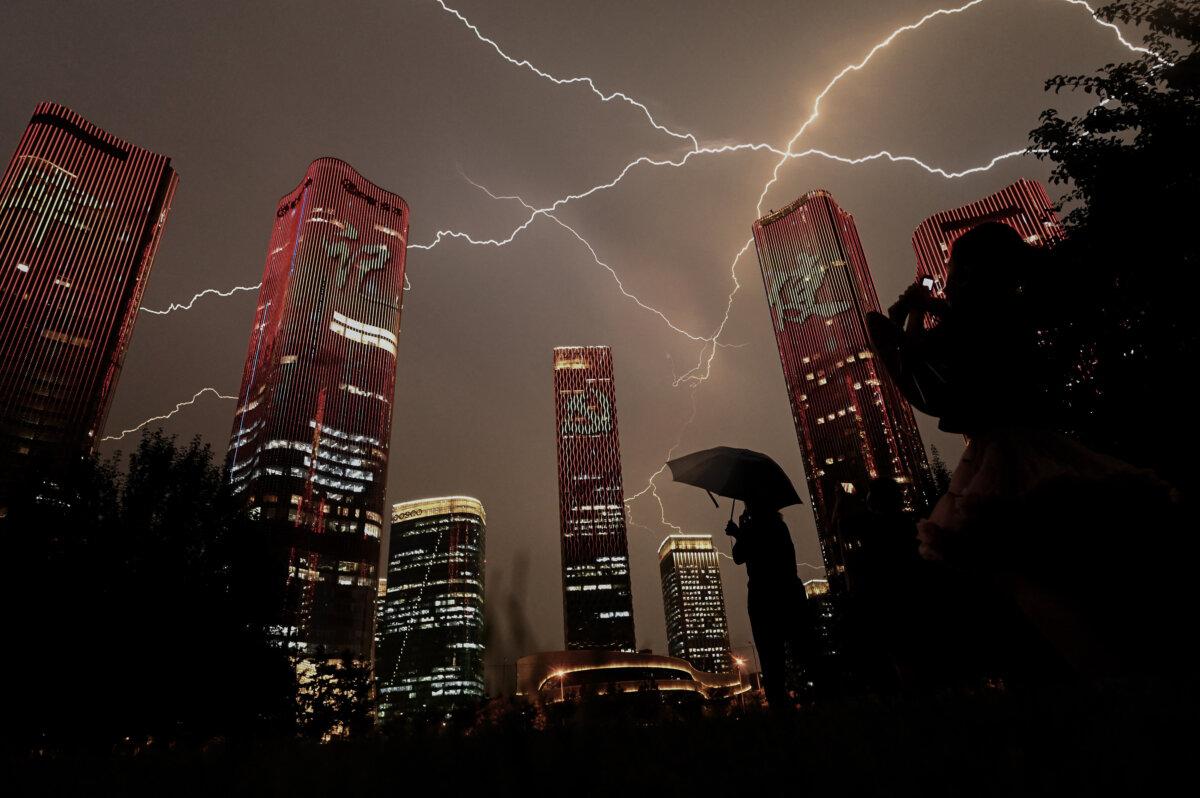
CCP’s Supremacy
The CCP’s penchant for deception stems from its ideological core, according to Nan and other experts.
Following the catastrophic Cultural Revolution led by CCP founding leader Mao Zedong, the communist regime largely abandoned any lofty revolutionary ideals. Its current interpretation of communism is contradictory: On the one hand, it proclaims a pursuit of socialism, and on the other, it stipulates that a capitalist phase of undetermined length must first elapse. That led many Western observers to conclude that China was no longer a communist country.
Yet one part of the ideology has remained constant: the supremacy of the CCP. The concept has been reiterated in every major policy and is also the key defining feature of China’s constitution. It isn’t a mere desire of a ruling clique to stay in power, but rather an absolute ideological dogma enforced to the point of irrationality, the experts said.
“Loyalty to the Party actually means you abandon your own identity, your own individual thinking,” said Sean Lin, member of the CPDC and former U.S. Army officer.
Thayer said that the absolute need to preserve the Party stems from its ideological roots in Marxism and Leninism.
“What they say is that Marx, Engels, Lenin gave them a ’scientific understanding of society,’ of how history operates, about its driving force and about its teleological outcome, which is going to be the triumph of communism,” he said.
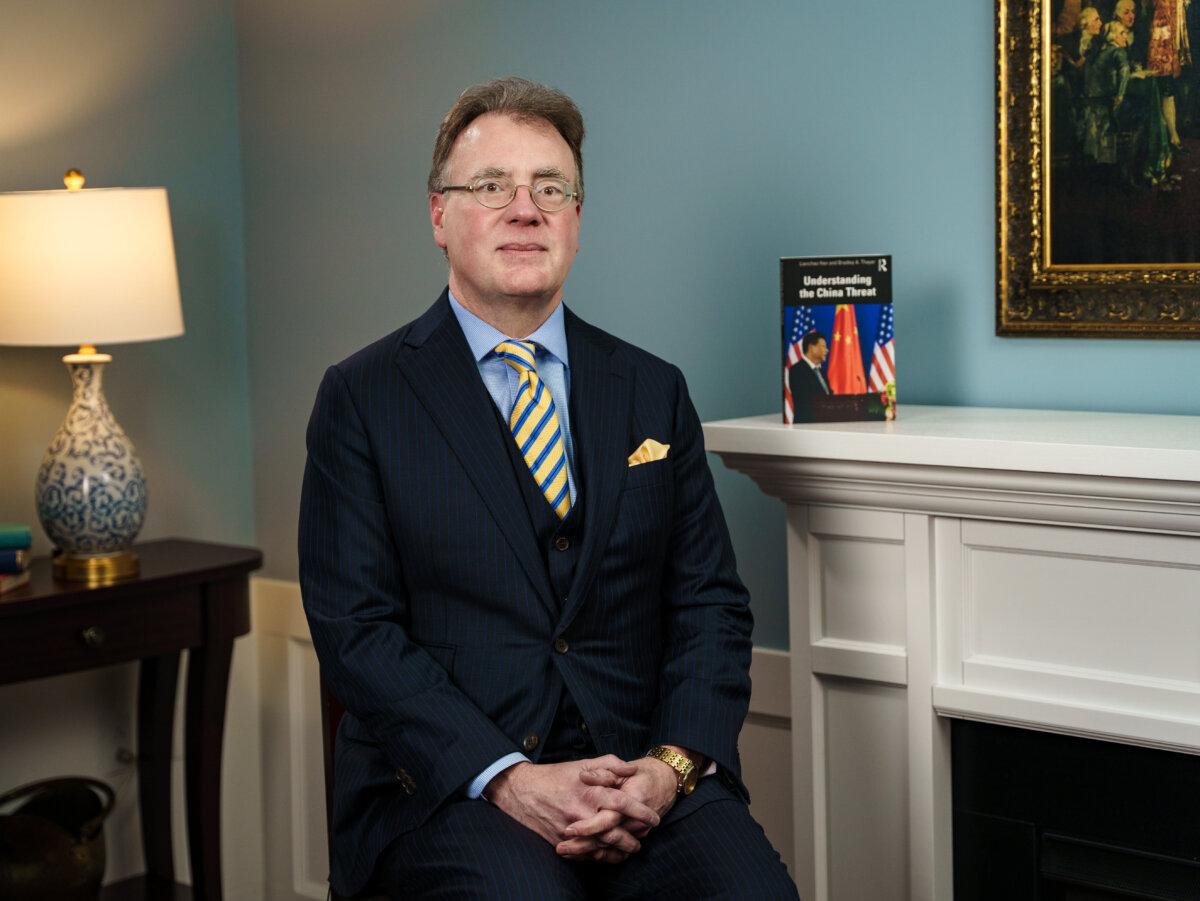
In this worldview, as long as communists preserve their rule, socialism inevitably comes.
“That allows them, in their own mind, to justify their crimes and their rule because they’re on the ‘right side of history’; they’re ‘advancing science,’” Thayer said.
It follows that no individual or group is allowed to garner enough influence to destabilize the Party, the experts said, and determining what constitutes a threat to the Party is not an objective standard; when Party authorities invoke preservation, it acts as a psychological short-circuit that overrides all other considerations.
“It’s a groupthink,” Xiang said.
Omnipresent Threat
The list of what the CCP considers a threat is long and ever-expanding, according to the experts.
The United States is the Chinese regime’s most prominent enemy, they agreed, but there are countless others.
Taiwan is a threat merely because it shows that Chinese people are capable of forming a functioning society without the CCP.
Religious faith is automatically an enemy because believers would place their ultimate loyalty beyond the CCP.
The existence of democracy alone is a threat, as it may spark a desire for alternatives to the CCP.
Any kind of negative information about the CCP is a threat, as it may give rise to opposition.
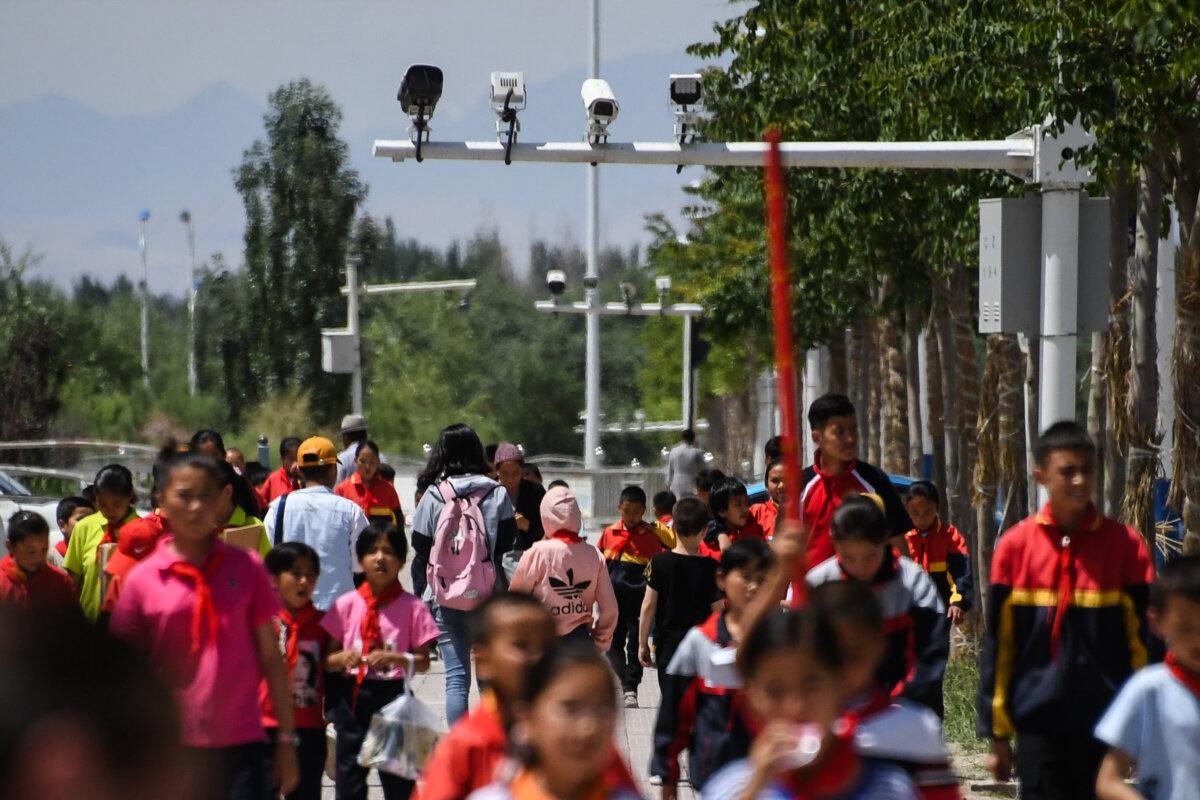
Mere disagreement with Party policy is enough of a threat. Under some circumstances, the Party allows internal debate, but that ends once the central authorities make a decision, Thayer said.
“The Party has ruled on that issue, and that doesn’t change,” he said. “The Party is infallible. It doesn’t make mistakes.”
Wealth, too, is a threat, as it may lead individuals to think they don’t need the CCP, Xiang said.
Even people once welcomed and celebrated by Beijing can easily find themselves among its enemies, as private business owners in China have learned over the past decade, Nan pointed out.
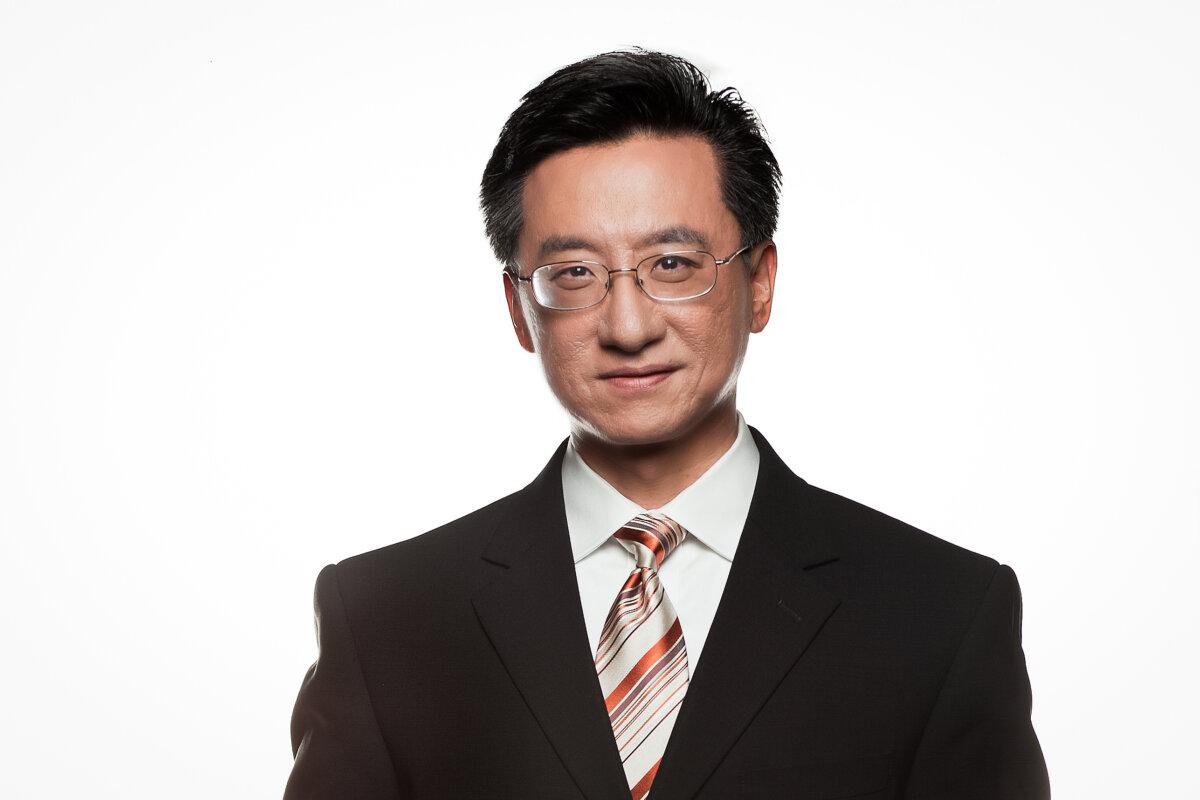
In fact, businesses in China are private in name only because the Party is always looking over their shoulder, Xiang said. But they do wield certain influence of their own, thus making them a threat in the CCP’s eyes.
Many people blame the current CCP leader, Xi Jinping, for undermining private businesses. But that process had already started under Xi’s predecessor, Hu Jintao, Nan said.
The CCP allowed private entrepreneurship only because the Cultural Revolution had pushed the country to the brink of economic collapse. The regime simply “needed the money,” Nan said.
However, as the private economy grew, it was inevitable that the CCP would eventually feel threatened by its influence, the experts said.
Falun Gong
The persecution of Falun Gong, also known as Falun Dafa, is a case in point of the capriciousness of the CCP regarding threats to its rule, the experts said.
After its public introduction in 1992, Falun Gong, a spiritual discipline based on the principles of truthfulness, compassion, and tolerance, was seen by many Chinese as a safe belief system because it took the form of qigong—a broad category of energy movement practices that were popular across Chinese society—and was at times endorsed by state-run media. In the late 1990s, when articles started to appear in the CCP media criticizing Falun Gong, it came as a shock to its practitioners, who were well aware that media denunciations had been historically the canary in the coal mine for upcoming purges.
“In their understanding, once you’re criticized in the media, you’re dead,” Ian Johnson, former Wall Street Journal reporter, said in a February podcast interview.
Johnson received a Pulitzer Prize for his reporting on the persecution of Falun Gong in 2001.
In his view, Falun Gong practices fit well with Chinese folk religions that are popular across the country. “There was really nothing in Falun Gong that was so unusual,” Johnson said.
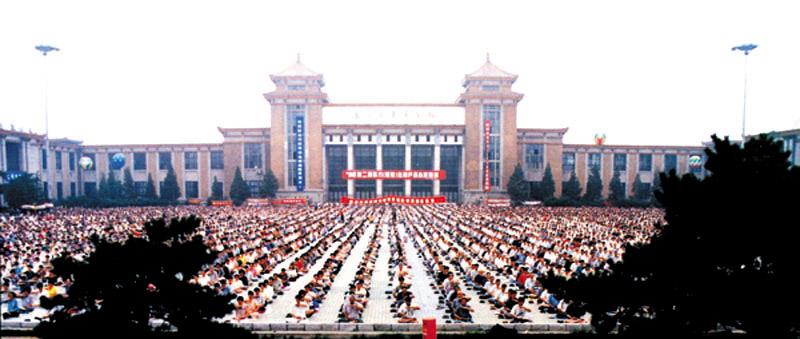
Falun Gong’s popularity—attracting at least 70 million followers by 1999, according to government surveys at the time—was perceived as a threat by then-CCP leader Jiang Zemin. Some media outlets reported then that Jiang had a personal antipathy toward Falun Gong and wanted to crush it in order to get the Party in line under his rule before the upcoming Party congress.
Although the Politburo Standing Committee, the CCP’s highest decision-making body, did not unanimously endorse the persecution, Jiang was able to push it through “in a desperate attempt to build up his own power,” according to the Falun Dafa Information Center.
“Jiang Zemin’s excuse at the time for starting the persecution was the argument that Falun Gong was trying to get people’s support away from the Party. Once this reason was given, everybody shut up,” said Heng He, a China commentator and Epoch Times contributor.
For Party members, once the CCP’s survival is at stake, no further discussion is possible, the experts said.
Some Falun Gong practitioners previously told The Epoch Times how jarring the change in the CCP’s treatment of the group was when the persecution started on July 20, 1999.
Some recalled that the state media’s tone toward Falun Gong switched from positive to negative virtually overnight.
The persecution campaign had devastating consequences for Falun Gong practitioners. Millions were locked up in prisons, labor camps, and even mental institutions and subjected to torture, according to human rights groups and U.N. reports.
But it also severely damaged society at large, the experts said.

For one thing, it stripped China’s legal system of any pretense of fairness.
“To villainize the whole judicial system, the police system, by just casually arresting innocent people, kind people, and then torturing people, killing people—this is bankrupting the society,” Lin said.
It also corrupted the medical profession, as the regime soon started to use detained Falun Gong practitioners as a source of organs for transplants, killing them in the process.
“Any normal doctor, in a normal society, probably cannot imagine killing someone and taking their organs and putting them into another person’s body, right?” Lin said.
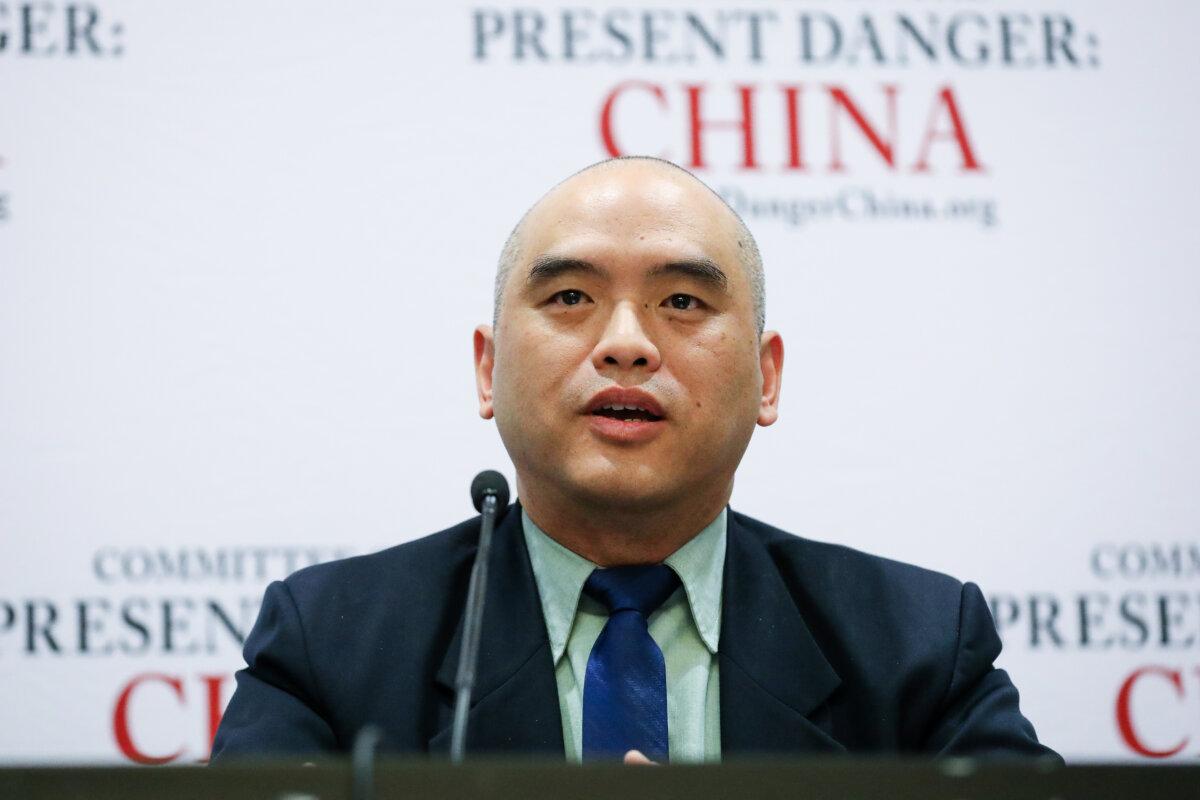
“Normal people won’t be able to do it, but the CCP can make a large team of medical doctors in China do this.”
Many people in China, even within the CCP, are aware of the problem but cannot do anything about it, the experts said.
“Once the decision is made, it’s almost impossible to reverse the course,” Heng said.
In 2019, following an investigation, the independent China Tribunal concluded that Falun Gong practitioners were the primary source of organs for the CCP’s lucrative transplant industry. The tribunal said forced organ harvesting had taken place “for years throughout China on a significant scale.”
Lack of Legitimacy
The experts said that it’s in the CCP’s nature to always require an enemy to struggle against.
“You are not the government’s enemy, you are living your life, and then suddenly you are, and you are in prison. It can happen like that,” Shelly Zhang, researcher and producer of China Uncensored, the largest China-focused YouTube channel critical of the CCP, said on a recent episode of “Let’s Talk About It” with Lane Kendall.
“And it happens to about 10 percent of the Chinese population at any point in time because they always have to repress part of their people.”
The extreme insecurity of the CCP stems from a lack of legitimacy, the experts said.
Traditionally, governments have drawn their legitimacy from a divine mandate. That source has in some places been replaced by the popular will of the people, expressed through elections. The CCP, however, rejects both, Thayer said.
Initially, the CCP drew legitimacy from utopian promises. But the mirage of communist utopia has been thoroughly exhausted among the Chinese, who have been crushed into apathy by the horrors of the Cultural Revolution. Since then, the Party has only been able to draw pseudo-legitimacy from promises of economic growth, Heng said.
But that’s not a sustainable way to justify governance, he said, adding that “no other country claims economic growth as a sole source of legitimacy.”
Xi tried to solve the issue by pushing grand nationalistic narratives, such as “the East is rising and the West is declining.” Still, the effect has been limited, according to Lin.
“I think in the Chinese Communist Party’s top echelons, most people don’t believe that the West is in decline and China is rising,“ Lin said. ”Probably only Xi Jinping himself truly believes it.”
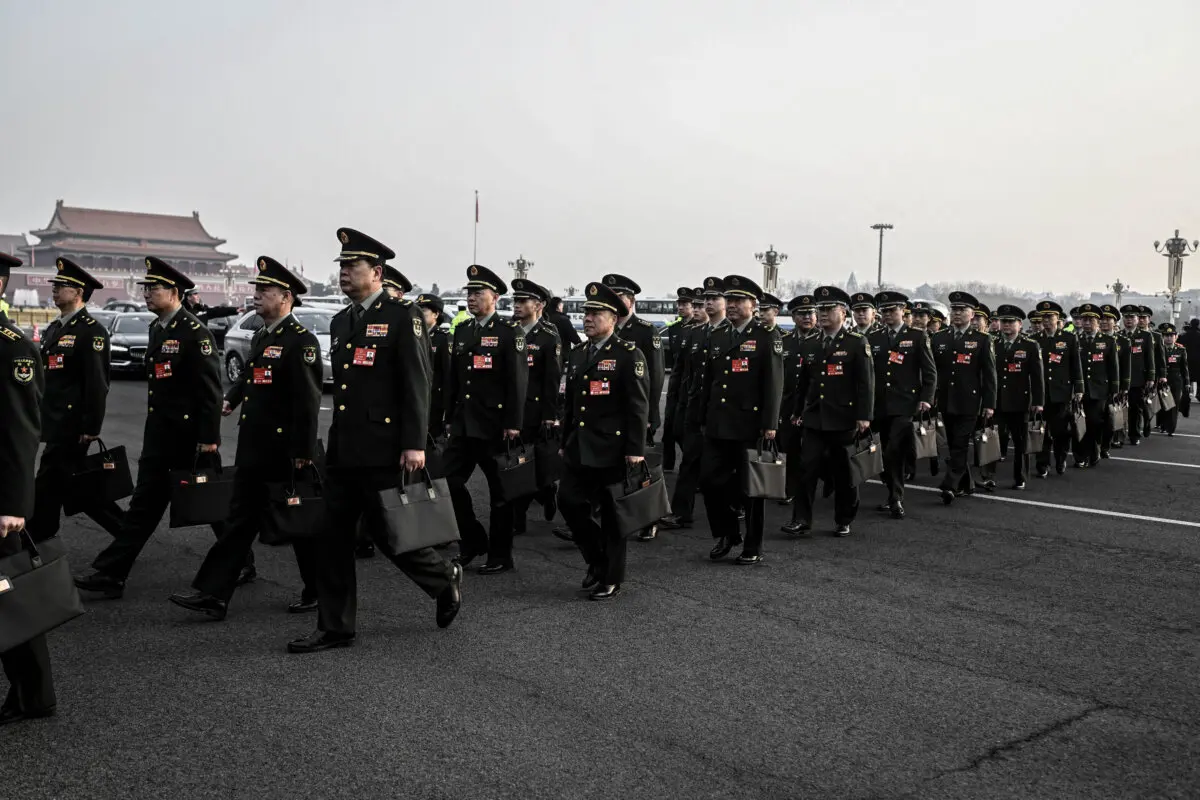
With the Chinese economy in dire straits in recent years, the CCP again looks to foreign investors for a lifeline, but that would be a temporary measure, as the regime still perceives the private economy as a threat, the experts suggested.
Ultimately, the only solution to the CCP’s lack of legitimacy is the elimination of all other alternatives, Thayer said. Its ideology is circular—it must rule because it must rule, the experts said.
“That’s exactly their mindset. The CCP must rule. That’s it. Everything they do is that. They don’t care about the welfare of Chinese people or developing the economy,” Xiang said.
“Of course, they may develop the economy, but if the development of the economy is counter to the CCP’s rule, they will not hesitate to destroy the economy.”
Reform Is Impossible
In a regular dictatorship, the ruler and his clique can change their ideology if it suits their interests. The CCP system, however, doesn’t allow for such a transition, according to the experts.
First, every Chinese person is indoctrinated from birth that “there would be no China without the CCP,” as one of the most notorious CCP propaganda slogans goes. The concepts of nation, prosperity, stability, and even survival are synonymous with the Party.
Second, within the CCP, the foremost requirement for promotion is loyalty to the Party. Before one reaches any position of meaningful power, one’s attitude toward the Party is repeatedly scrutinized, Nan said.
“When you finally get to the top, that leader always puts the Communist Party’s leadership as the top priority,” he said.
The strict Party discipline enforcement further reinforces adherence to this prime directive. CCP officials are well aware that once an issue is proclaimed a matter of the regime’s stability, any dissent could become grounds for being purged, several experts said.
“It’s kind of embedded in Chinese people’s minds,” Xiang said.
Third, CCP officials are the primary beneficiaries of the Party’s rule. Their vested interests are tied to their official position. A threat to the Party thus means a threat to them personally.
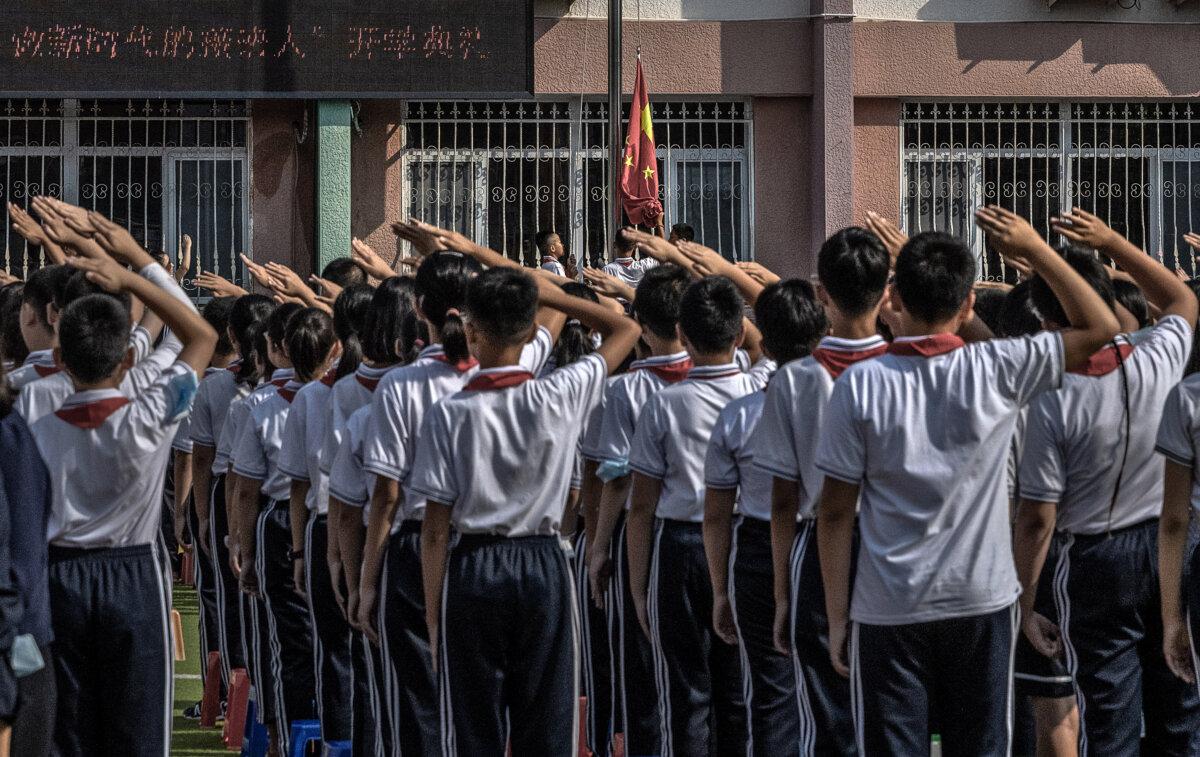
“If you’re in the inner Party, despite the tensions and difficulties and ruthlessness that would exist in the inner Party, you’re also getting a pretty big share. And so you’re going along with it,” Thayer said.
When foreign leaders and diplomats negotiate with China, they always find that some officials in the Party’s top echelons are “easy to talk to,” Nan said, giving the example of former Premiers Wen Jiabao and Zhu Rongji.
“Those people you always find have some common sense,” he said.
These officials, however, are never in charge of making major decisions on the regime’s direction. Rather, they are selected by the Party to handle day-to-day operations and policy implementation. Even if the policy is destructive or irrational, they will still try to find a way to put it into practice, he said.
Lastly, the CCP is organized in a way that doesn’t allow for substantial reform.
Its structure is derived from the Soviet military organization, in which a military officer at each level had a political commissar assigned to him. In each case, it was the commissar wielding the real power. Similarly, at each level of the Chinese regime, from a village head to the premier, the corresponding Party official always has a higher rank.
“The final decision maker is always the Party secretary of that level,” Nan said.
Because the Party structure runs parallel to the government structure, its only purpose is ideological compliance. If China were to truly abandon communism, there would be no practical purpose for the Party, and it would collapse on itself, Heng said.

